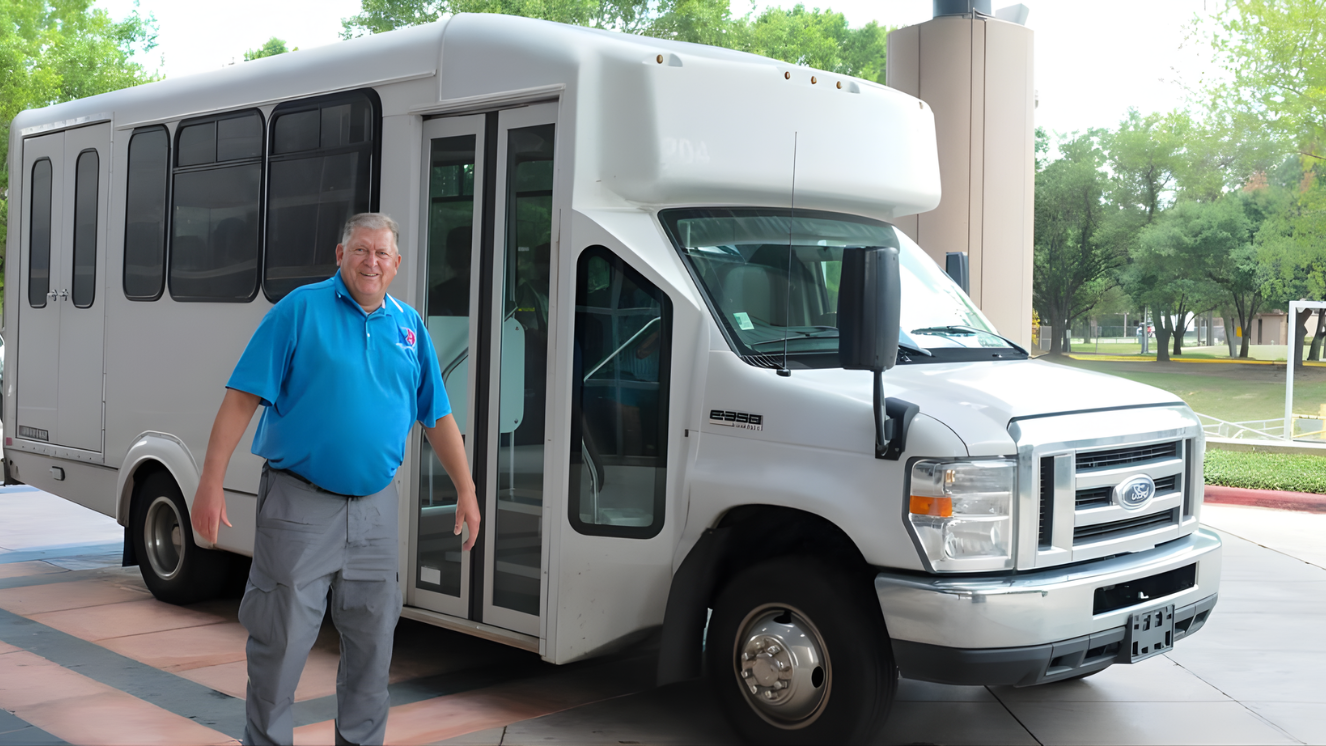HOW VETERAN CRIMINAL JUSTICE PROGRAMS HELP INCARCERATED VETERANS
COMMENT
SHARE

Some Veterans have seen combat – the worst of humankind presented through their service to keep you and millions of Americans and others safe from evil. Their service is unmatched, and their dedication is proven every time we can enjoy a walk in the park, a pint with our friends, and the general safety we all take for granted. Yes, the American Veteran is unlike any other, serving their country with focus and drive. Still, they are human, which is why Veteran criminal justice programs become important. The truth is that many Veterans are facing unfortunate circumstances. Criminal justice programs can help Veterans facing incarceration and the issues that come with it overcome this dark time and get things back on track. Our nation’s heroes aren’t perfect, and the unfortunate truth is that we all make mistakes. Everyone deserves a second chance, especially those who protect our life, liberty, and pursuit of happiness.
Criminal Justice Programs for Incarcerated Veterans

- Health Care for Re-entry Veterans (HCRV) Program- One of the most basic necessities for any and all people is shelter and security. Leaving prison presents its own unique challenges and hurdles that can take Veterans from a bad place into a terrible one. The HCRV Program's main objective is to keep Veterans from becoming homeless once they re-enter the free world after their debt to society is paid.
- Veteran Justice Outreach (VJO) Initiative- In recent years, the topic of mental health has rightfully come to the forefront of the mainstream. Many programs have been put forth to help Veterans and civilians overcome mental illness and move forward in a positive manner. The VJO Initiative is aimed at helping Veterans avoid imprisonment due to mental health. It is also helpful in providing Veterans with VA health care for mental health, substance use services when necessary, and other appropriate VA services and benefits, depending on the situation.
More like this:How To Use the National Center for PTSD As a Veteran Veterans help Americans through service and protection. The world is a brighter place because of them, and when things aren’t going as planned, it is up to us to be there for those who have always been there for us. Even when things go wrong, the encouraging news is that help for Veterans with felonies is available. VA benefits for incarcerated Veterans can be cut, which is why Veteran justice outreach programs are so important. It's important to know the answer to questions like, "Can you lose VA benefits if convicted of a felony?" Even though the answer to that one is yes, there are resources available to Veterans that can help them avoid such legal issues and overcome missteps.
How Many Veterans Are Incarcerated?

181,000 Veterans are incarcerated and in the justice system, according to incarcerated Veterans statistics from the Vietnam Veterans of America. This is why Veteran criminal justice programs are so important to help our nation’s heroes gain a second chance at life through rehabilitation.
Do Veterans Lose Their Benefits If Convicted of a Felony?
Yes, VA disability compensation can be cut for incarcerated Veterans. Such reductions may vary due to the Veteran’s disability rating, as well as other factors. The loss of your benefits can come after a Veteran is convicted of a felony and serves over 60 days in prison. Veterans may also lose their VA benefits or receive a reduction in benefits if they face multiple foreclosure proceedings. Going to prison isn’t on many Americans’ to-do lists. Facing legal troubles can come in many shapes and forms and includes a far wider scope than simply not doing the right thing. Yes, the best course of action is for all citizens, including Veterans, to stay on the right path; however, social, economic, and racial factors can derail someone working to stay free and contribute to society. If you or a loved one requires help, be sure to seek out one of the many criminal justice programs that can help Veterans keep their lives on track and moving forward. Suggested read:What Is a Protected Veteran Status & How Can It Help My Career
Join the Conversation
BY BUDDY BLOUIN
Buddy Blouin is a Contributing Writer at VeteranLife.com
Buddy Blouin is a Contributing Writer at VeteranLife.com



